
I think that’s pretty darn cool. Because I am so tired of what’s been done to the word feminist by those who oppose it, the redefinition of it to a hateful caricature. I taught Women’s Studies for a while and time after time, smart, fierce, wonderful young women would say to me, “I’m not a feminist, but…” and then something aligned with feminism would come out of their mouth. And it made me want to weep, every time, that the word had been recast to the point where they did not want to be identified by it.
I read a piece today that said, “Before you call her a feminist, know she’s voted Republican!”
So what? Does that author really think there aren’t Republicans who are feminists? Another piece said OMG she poledanced in a music video. Again, so what?
Feminism isn’t about policing other people’s expressions of sexuality. It’s about being able to make choices. It’s about a view of the world that says women are human beings as much as men are (which sometimes hasn’t been the case in the past, and which, sadly, some people still believe today). It’s about being able to fuck if you want and not be labeled a slut just as much as it’s about being able to choose not to fuck and not be labeled frigid or aberrant. It’s about neither gender getting relegated to pink or blue, but being able to choose whatever they want, including pink and blue and purple and black and white and whatever shade you like. It’s about getting out of all the sad and narrow little boxes that our world tries to shove us into on a constant basis.
It’s about saying yes. Not saying no. Unless you want. Or maybe you say maybe. That’s okay. It’s about women being able to make a choice.
Here’s a useful passage from the Geek Feminism Wiki:
I believe that’s what Beyoncé is promoting. And I admire her for it, and I rejoice that a little of the stigma may get stripped away as a result of that. And if you want to argue about that, do me a favor and make sure you’re talking from a position where you’ve done some research, rather than a kneejerk reaction or trolling.




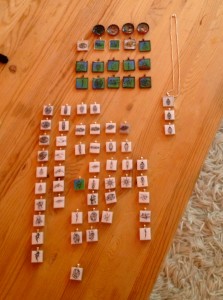
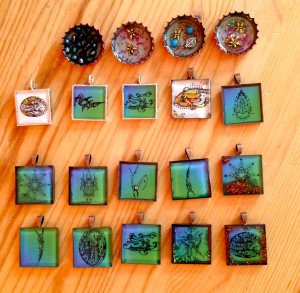
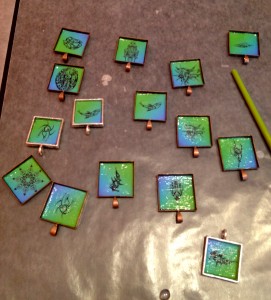
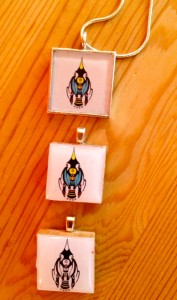
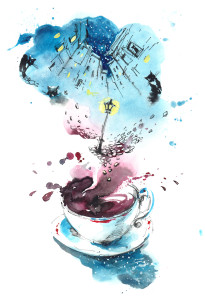 I’ve written two stories so far this week, but I think this is the one that will be the next
I’ve written two stories so far this week, but I think this is the one that will be the next